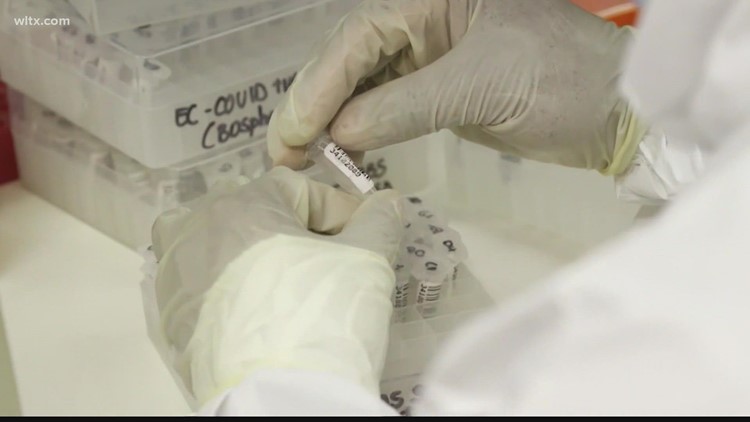As the world health community continues to analyze the potential effects of the new omicron coronavirus strain, economists are watching it too.
The variant, now found in at least 15 states, comes amid ongoing pandemic-era supply chain issues, inflation, and labor shortages.
So, what effect could omicron have on the economy?
William Hauk, an Associate Professor of Economics at the University of South Carolina, said travel is their primary focus for now as restrictions are put in place in the U.S. and beyond.
"Supply chains are going to depend on a couple of things, one is free movement of goods and people," Hauk said. "... and, if we see travel restrictions becoming a regular thing again, well, that makes it that much harder for supply chains to recover."
Another focus is the behavior of shoppers and employees.
"If people are feeling uncertain and scared about possibly contracting COVID...that is going to make it harder for firms," Hauk said.
Early data suggests omicron could be more transmissible than the widely-spread delta variant, with health officials urging vaccinations and booster shots as a way to slow the spread.
Meanwhile, on Wall Street, investors reacting to the news.
The Dow Jones Industrial Average dropping 900 points after the first U.S. case was reported.
"Ultimately, I think, it’s getting COVID under control that’s going to get the economy humming back in good shape," Hauk said. "Taking the basic public health precautions: Getting vaccinated, social distancing and masking when necessary.... that's going to hopefully slow down the spread of this variant or any other variant."
Starting Monday, all international travelers, including Americans, will have to test negative 24-hours before departure as a way to slow the spread.



